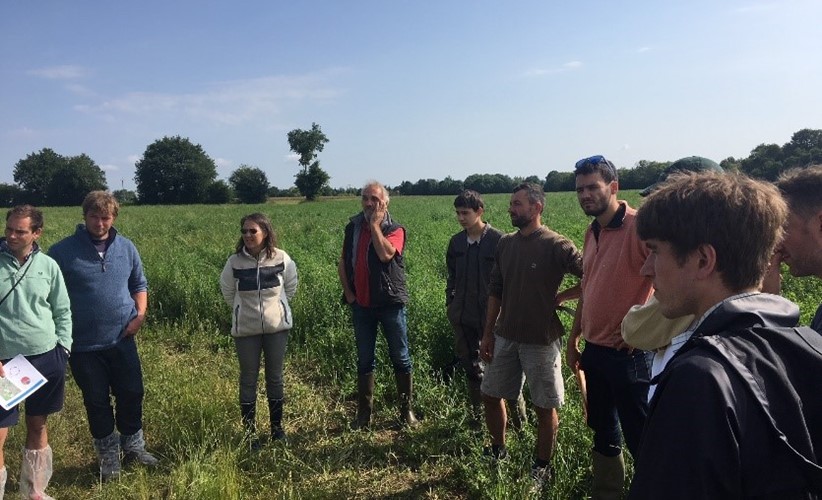Defra has released a leaflet setting out its latest information on farming policy in England after Brexit. With the slightly strange title of ‘Farming is changing, here’s what you need to know’ the leaflet includes much of the information we have already written about on phasing-out direct payments between 2021 and 2027 and introducing the new ELM scheme. However it does give some further information and ‘firm-up’ a number of other ideas, although little detail is included.
With reference to existing payments and the way producers receive them the following points have been made;
Direct payments – only the first year (2021) of deductions remain known, with the leaflet stating future deductions will be set taking into account detailed plans for future schemes and ‘wider decisions about Government spending’. Defra has said it will keep farmers updated on decisions, but unless timely information is available, preparing budgets could become very difficult. In addition, the ‘cash total funding’ guarantee is only until the end of this Parliament, which keeps being referred to as 2022, but could be sooner.
Delinking – this is the idea that direct payments will be made regardless of whether the claimant continues to farm or not. Defra has confirmed in its leaflet that the earliest delinking would be available is 2021 and it will be consulting on the detail of these changes. The consultation was originally meant to be this summer, but has been delayed until ‘later in the year’.
Lump sum – Defra has stated it is ‘looking into the option’ of offering farmers a one-off lump sum instead of annual payments and it plans to consult later in the year on how this could work best. Similar to delinking, this option will be available from 2021 at the earliest. However for both it was never really expected to be available any earlier. With regards to the lump sum, the language used, ‘we’re looking into the option’ as opposed to ‘we plan’ for delinking, suggests lump sum payments are less likely.
Rural Development Programme – the information leaflet reiterates all RDPE projects commencing before the end of 2020 will continue to be supported for the lifetime of the agreement. However, what is new is mention of Defra working with the Ministry of Housing, Communities and Local Government to look into ways in which the UK Shared Prosperity Fund will support the rural economy after the UK leaves the EU. Defra has confirmed Countryside Stewardship (CS) will continue to be available in the ‘first few years’ of the transition period. Unfortunately there is no end date given and it is likely to be dependent on the progress of the new Environmental Land Management (ELM) scheme (see below) as Defra expects the two schemes to overlap for a ‘period of time’. But those who are thinking about entering CS should not be put off for fear of being unfairly disadvantaged when the new ELM scheme is available as Defra has said it will ensure this will not happen.
As direct payments are phased out future funding and financial support will be available through;
Environmental Land Management (ELM) scheme – this will be the flagship scheme in the future. Land managers will be awarded ELM agreements for providing environmental benefits. The plan is to launch the new scheme from 2024, however, no further detail on scheme design is included. The CS will not be available once the scheme is fully up and running.
Animal Welfare – Defra is looking into an animal welfare grants programme, which would provide one-off payments to support farmers to provide welfare enhancements beyond the regulatory baseline standards. A further initiative being explored would see livestock producers being rewarded with on-going payments for signing up to and achieving animal welfare enhancements above the baseline.
Investment support – during the agricultural transition period (2021-2027), the plan is to offer support towards equipment, technology and infrastructure which improves farm productivity in an environmentally sustainable manner and provides other public goods.
Research and Development – support will be made available to enable farmers to work with researchers to find new ideas and technological solutions to problems that will really make a difference. The innovation R&D package will build on the current £90m Transforming Food Production initiative. (see February 2018 article https://abcbooks.co.uk/innovation-funding/)
Whilst there isn’t a lot of ‘new’ information contained in it, the fact the leaflet has been released after the appointment of Theresa Villiers suggests Defra is still looking to implement Michael Gove’s plans. Although as we have said many times, these proposals are still not laid down in legislation and could change, particularly if there were to be a new administration.
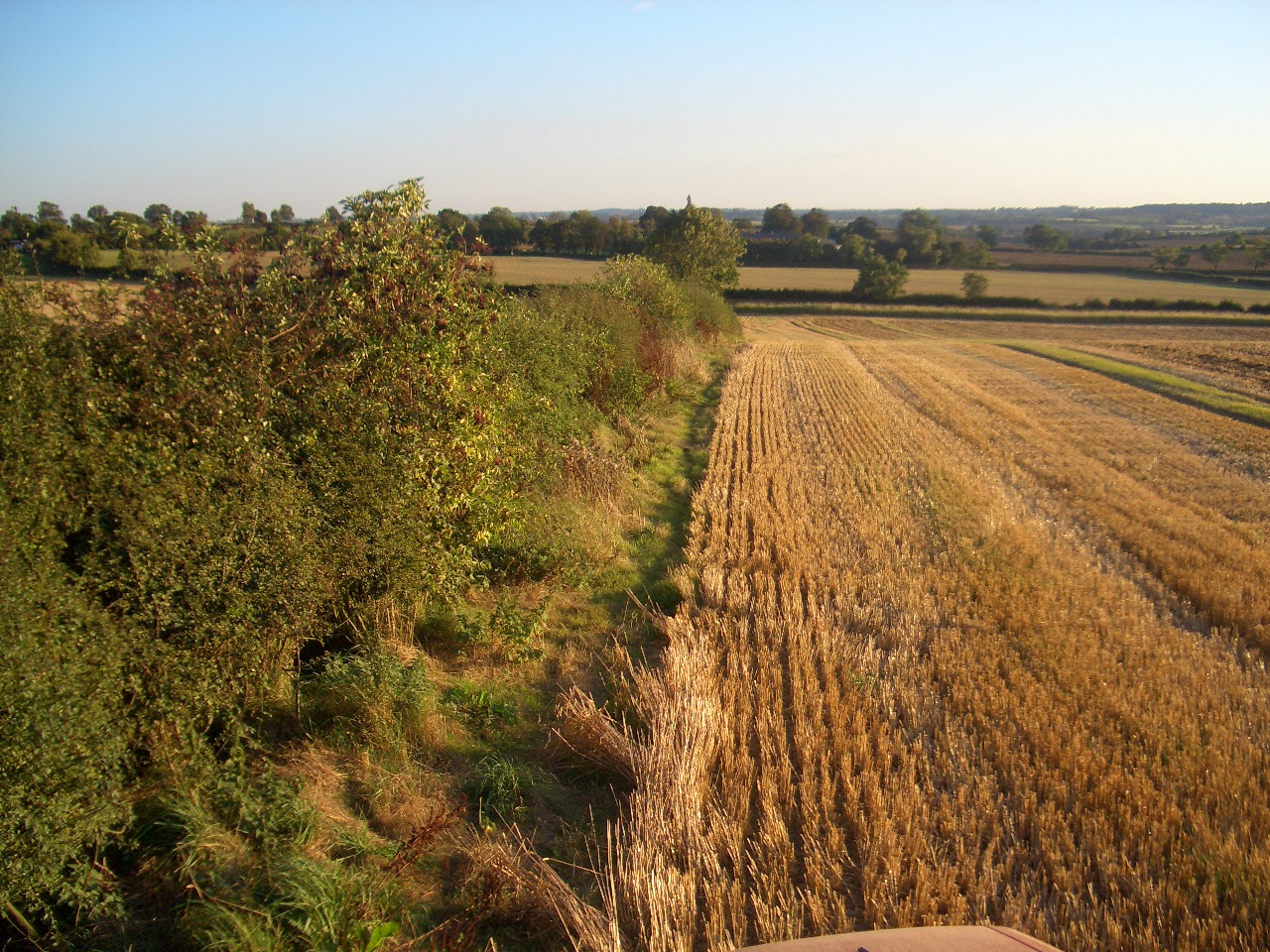
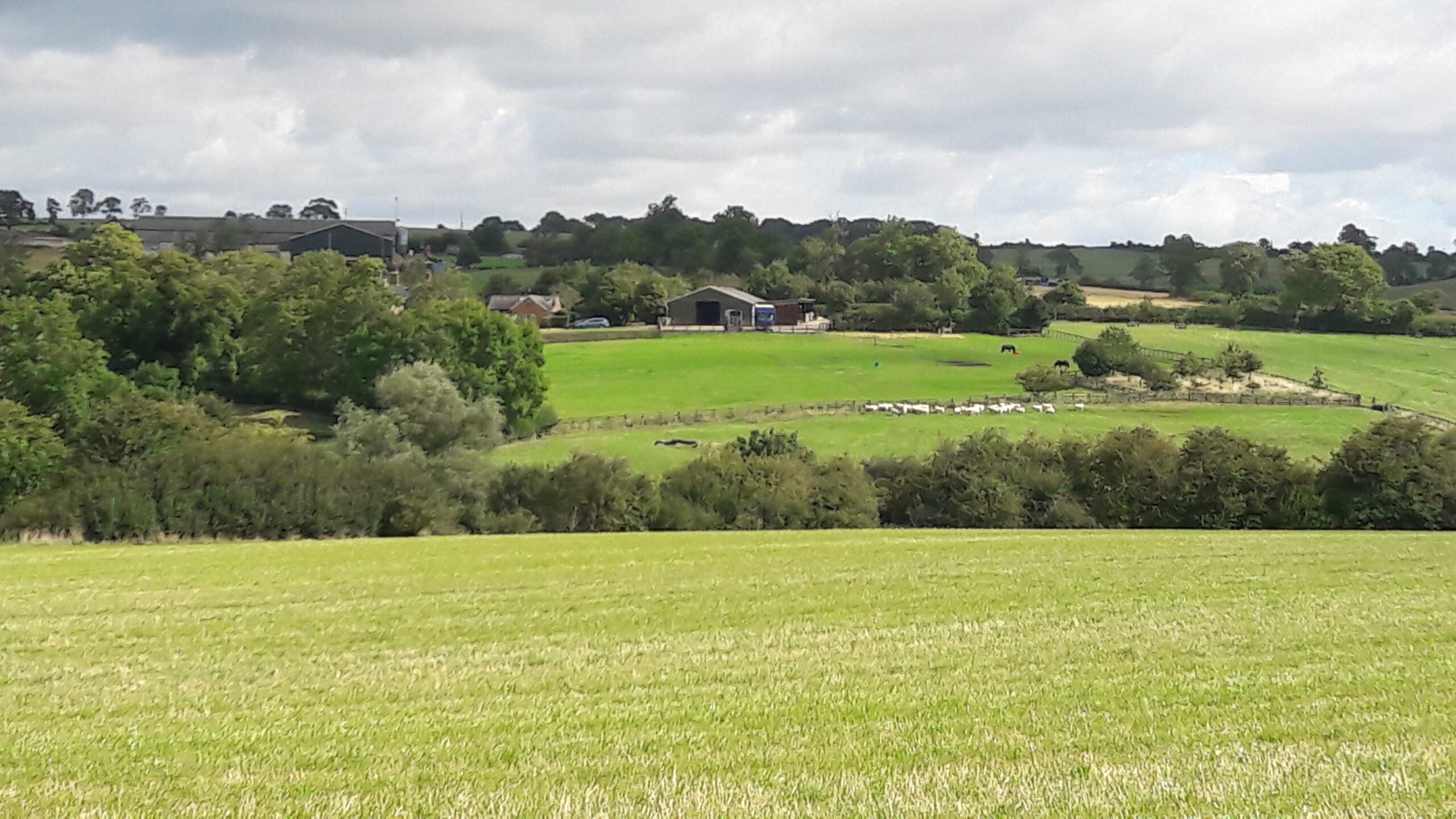
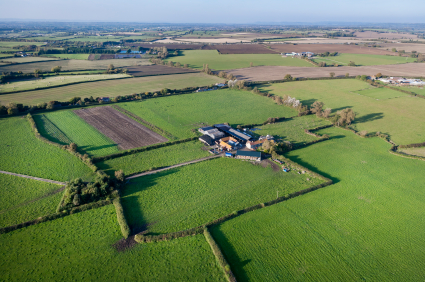
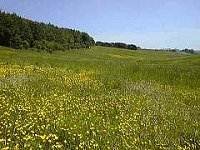
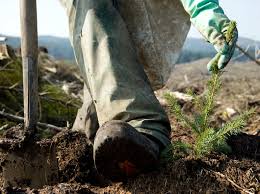


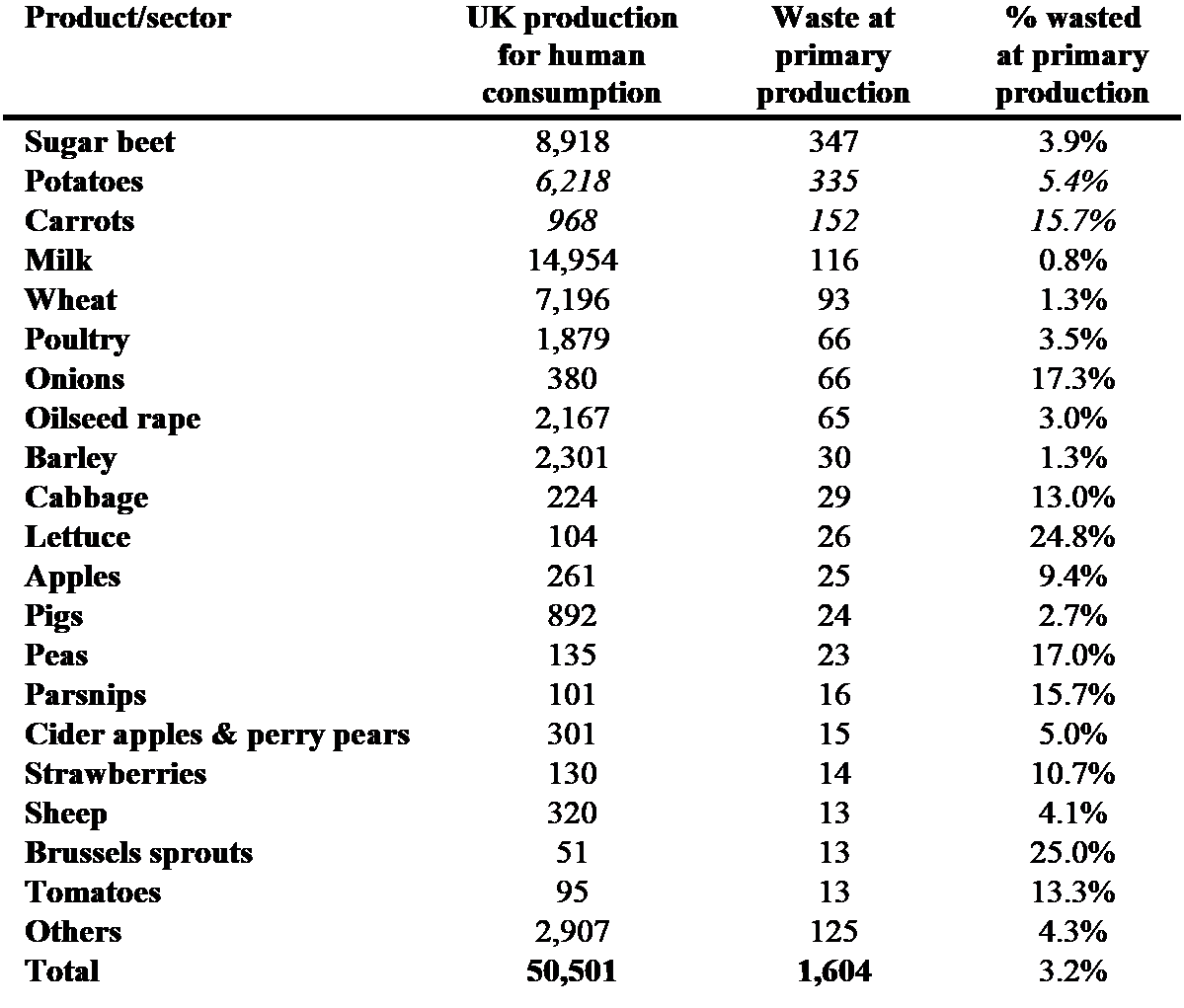 Source: WRAP (2019)
Source: WRAP (2019)
